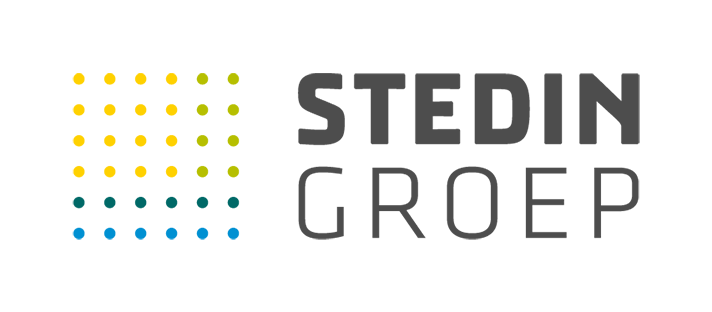Supply chainresponsibility
Stedin bears its social responsibility for sustainability in the supply chain by actively focusing on the One Planet ambitions regarding CO2emissions, raw materials, particulate matter emissions, biodiversity and an inclusive society. Stedin bears this responsibility both in its tendering procedures and in its collaboration with suppliers to strive for a sustainable supply chain. With a purchasing volume of €800 million in 2020, Stedin Group has a significant impact on this.
In tenders, Stedin stimulates suppliers to seek sustainable solutions. An example is provided by the tender for MV switchgear, in which subsidies were applied and utilised to reward suppliers for sustainable tendering. This resulted in SF6-free MV switchgear, decreasing the CO²impact. All suppliers are also expected to sign the Stedin Supplier Code of Conduct. By signing this Code of Conduct, they commit to the basic principles concerning human rights, working conditions, fair and honest business practices (including the prevention of fraud and corruption), safety and integrity and to our One Planet goals. Our Code of Conduct is based on the OECD (Organisation for Economic Cooperation and Development) guidelines, the Universal Declaration of Human Rights and the labour standards and working conditions drawn up by the International Labour Organization (ILO).
In addition, Stedin Group monitors potential sustainability risks in the supply chain. Stedin Group prepared a Potential Risk Analysis in 2019 on the basis of MVO Nederland's 'CSR Risk Checker'. This is based, in turn, on the OECD guidelines. These guidelines relate to fair and honest business practices, human rights & ethics, labour laws and the environment. In 2020, this Potential Risk Analysis was carried out at 40 suppliers, which entailed €97.5 million (12%) of the purchasing volume being analysed for potential risks, with a special focus on the material products that were purchased. The results of the Potential Risk Analysis determine the decision-making on whether tighter tendering procedures are required and whether self-assessments or external audits need to be performed at a supplier.
If it becomes clear in preparing a tendering procedure or renewing a contract that there are high potential risks, we critically review the selection and award criteria. The invitation for tenders for workwear illustrates this, for example. In this tendering procedure, we place extra emphasis, based on the analysis of potential risks, on preventing violations of human rights and pollution in the production process.
If the Potential Risk Analysis identifies a high potential risk for the product type and the country of production, the supplier may have to carry out a self-assessment. The self-assessment serves to verify whether potential risks also constitute actual risks and whether suppliers comply with the code of conduct; it can also serve to obtain input for a possible audit or improvement plan.
In the self-assessment, suppliers are queried about human rights, integrity and the One Planet goals. Suppliers are also asked whether they have identified risks regarding the topics of safety, an inclusive work environment, corruption, ethics, transparent business operations, climategoals and emissions and circularity Suppliers are requested to provide up-to-date policy documents, goals, ISO standards and other supporting documents to demonstrate how they bear their responsibility in this connection.
We have requested the self-assessment from three suppliers, and it has been filled in and returned to us by two of them so far. Our initial findings based on this are that the suppliers concerned are happy to cooperate and that they treat CSR with due awareness but that we have to further tighten up our questions, especially by clarifying definitions and the purpose of the questions. We expect that this will help us to obtain greater insight into risks and potential risks and to safeguard against them.
If it is clear from a self-assessment that a follow-through in greater depth is required for the replies given, it may be necessary to perform an external audit at a supplier. The purpose of the audit is to formulate joint improvement plans to reduce the greatest risks concerning sustainability, human rights and integrity. In 2020, it was not necessary to perform an audit at any of our suppliers. In 2021, we aim to further increase the number of self-assessments and to perform a first audit on that basis.
